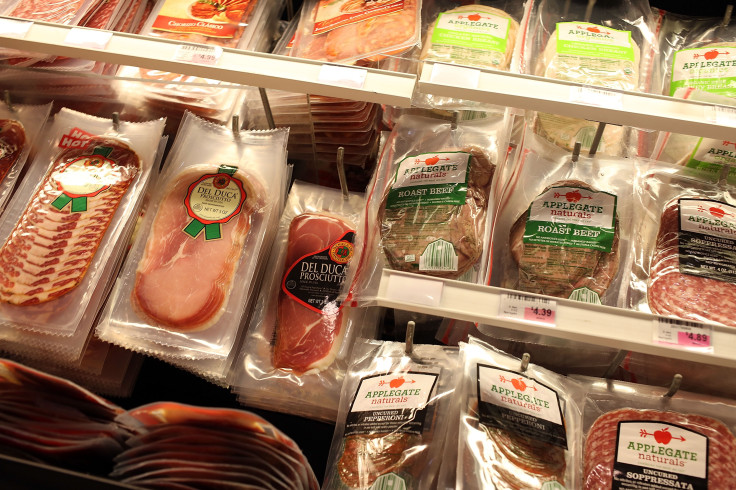Fight climate change with simple tweaks in eating habits
Amid climate change, small tweaks in eating habits can help reduce greenhouse gas emissions by having a diet, which does not include meat products.
Fighting climate change is not only a task meant to be undertaken by environmentalists. With its effects burdening the planet every hour, everyone can take part in cushioning it. As simple as cooking at home can significantly create an impact, not only on one's health but also on the planet.
The founder and CEO of a grocery shopping app, which helps guide consumers in making nutritious and sustainable sources cited a study conducted in 2018 and published in the Science journal, which states that greenhouse gas emissions can be reduced when a diet does not include meat products. Galen Karlan-Mason of GreenChoice said that based on the study, there is a 49 percent reduction of greenhouse gas emissions and a 19 percent water-scarcity weighted water footprint.
"We monocrop corn and soy and process it into feed, ship the feed to the cattle, provide land and water, and repeat for the life of the cattle, all while the cattle release methane gas daily," Karlan-Mason said. CNN reports that this as a reason why industrial agriculture becomes a burdensome process when it comes to food production in the world.
In the 2018 study cited by Karlan-Mason , the most viable substitutes for meat products are vegetarian protein sources. They have a lesser carbon footprint as compared to the consumption of red meat. The study also enumerated animal protein sources that are deemed as having the least impact, which would include eggs, fish, and dairy.
Going for a plant-based diet is highly-recommended. Sourcing protein needs from protein-rich plant products like lentils, beans, leafy greens, and quinoa will be a good start. One example is replacing beef with any of these plant-based options.
Aside from being environmentally-friendly and healthy, beans and quinoa can be easily stored in the pantry, reducing frequent visits to the supermarket, especially with the woes on the pandemic.
Douglas Murray, Montclair State University in New Jersey associate professor and chair of the nutrition and food studies stated that eggs can also be swapped for meat. While these may not be as environmentally sustainable as proteins from vegetables and plants, they are considered as more environmentally-friendly. This is because the production of chicken and egg is less damaging to the environment compared to beef production.
Murray added that if this seems overwhelming, starting it small at home can create a huge impact. One example he gave is getting consumers to try out a "meatless" Monday. This could drive the demand and lead to something great for the environment.
© Copyright IBTimes 2024. All rights reserved.






